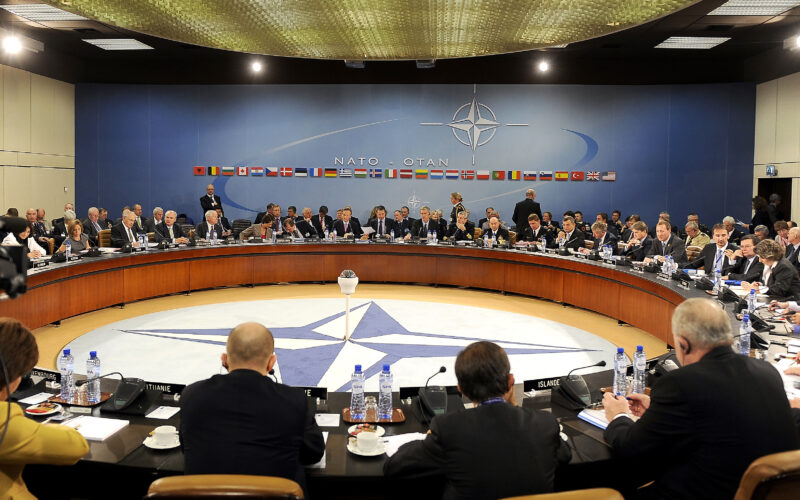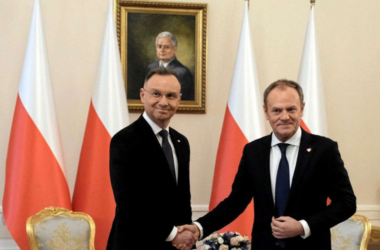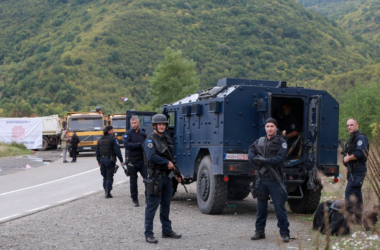NATO foreign ministers are meeting in Prague on Thursday as calls intensify for leading allies to lift restrictions preventing Kyiv from using Western weapons to strike inside Russia. The two-day meeting in the Czech capital is primarily focused on formulating a support package for Ukraine ahead of NATO’s summit in Washington this July.
However, the ongoing debate over whether to permit Ukraine to use Western-supplied arms to target sites within Russia is overshadowing the discussions. Ukraine has been urging its supporters, especially the United States, to allow the use of longer-range weaponry to strike Russian targets. So far, the US and Germany have resisted these requests, fearing that such actions could lead to a direct confrontation with Moscow.
In anticipation of the NATO meeting, Secretary-General Jens Stoltenberg has reiterated that it is time for member states to reconsider the existing limitations, which he argues hinder Kyiv’s ability to defend itself effectively. French President Emmanuel Macron suggested a potential shift in policy by stating that Ukraine should be allowed to “neutralize” bases in Russia used to launch attacks. Conversely, German Chancellor Olaf Scholz has remained cautious, emphasizing that Ukraine should operate within legal boundaries and noting that Berlin has not provided weapons intended for use inside Russia.
The White House continues to oppose Ukraine using US arms to strike inside Russia, although US Secretary of State Antony Blinken has hinted at a possible change in this stance. Moscow has responded with strong warnings, with President Vladimir Putin cautioning that there would be “serious consequences” if Western countries permit Ukraine to strike Russian targets.
Supporters of lifting the restrictions hope that momentum is building for the United States and others to change their position, especially as Ukraine struggles to counter Russia’s offensive in the Kharkiv region. A NATO diplomat noted that Macron’s position might influence allies who believe the current rules should be revised.
While addressing this contentious issue, NATO ministers in Prague are also working to develop a support package to keep Ukraine satisfied, despite its long-term hopes of NATO membership remaining unlikely. After last year’s summit, Kyiv has been clearly told by NATO countries, led by the US and Germany, not to expect concrete progress towards membership at the upcoming Washington summit.
Instead, Stoltenberg aims to secure clear, multi-year commitments from alliance members regarding the level of aid they will provide to Ukraine in the future. Last month, Stoltenberg proposed a target of 100 billion euros over five years, though this suggestion received a lukewarm response from allies unsure of the specifics involved.
Diplomatic discussions are ongoing as allies attempt to determine the structure and scope of any aid commitments. One area of consensus appears to be a plan for NATO to take over the coordination of weapon supplies to Ukraine from the United States. This move aims to streamline future deliveries and shield them from potential disruptions, such as the possible return of Donald Trump to the US presidency. However, there are concerns about adding bureaucracy to the process.
To avoid opposition from Hungary, one of NATO’s more Russia-friendly members, Budapest has been given the option to opt out of this arrangement.








